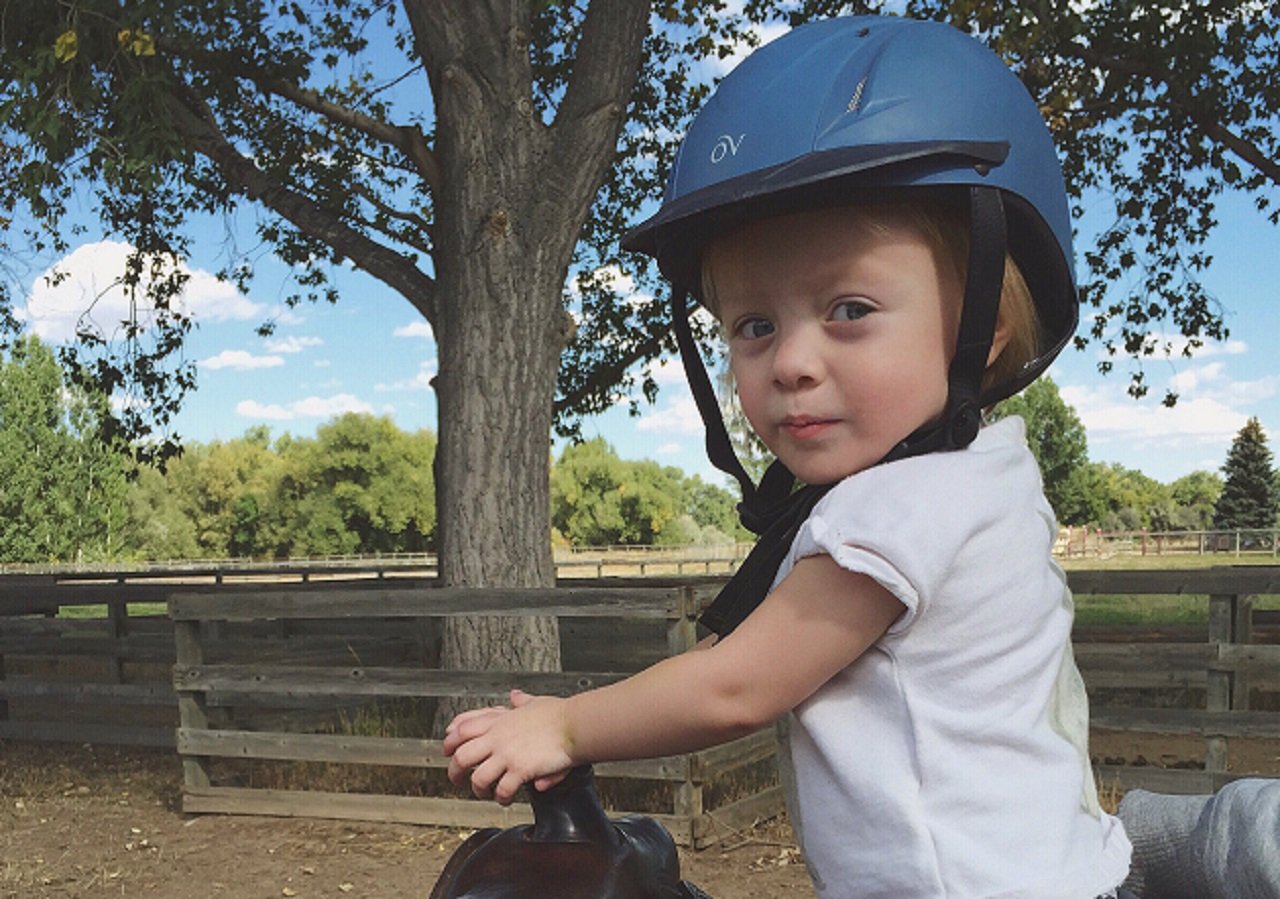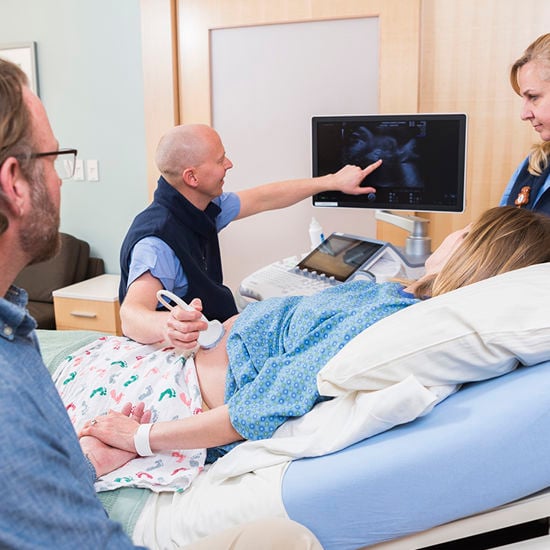- Doctors & Departments
-
Conditions & Advice
- Overview
- Conditions and Symptoms
- Symptom Checker
- Parent Resources
- The Connection Journey
- Calm A Crying Baby
- Sports Articles
- Dosage Tables
- Baby Guide
-
Your Visit
- Overview
- Prepare for Your Visit
- Your Overnight Stay
- Send a Cheer Card
- Family and Patient Resources
- Patient Cost Estimate
- Insurance and Financial Resources
- Online Bill Pay
- Medical Records
- Policies and Procedures
- We Ask Because We Care
Click to find the locations nearest youFind locations by region
See all locations -
Community
- Overview
- Addressing the Youth Mental Health Crisis
- Calendar of Events
- Child Health Advocacy
- Community Health
- Community Partners
- Corporate Relations
- Global Health
- Patient Advocacy
- Patient Stories
- Pediatric Affiliations
- Support Children’s Colorado
- Specialty Outreach Clinics
Your Support Matters
Upcoming Events
Child Life 101
Wednesday, June 12, 2024Join us to learn about the work of a child life specialist, including...
-
Research & Innovation
- Overview
- Pediatric Clinical Trials
- Q: Pediatric Health Advances
- Discoveries and Milestones
- Training and Internships
- Academic Affiliation
- Investigator Resources
- Funding Opportunities
- Center For Innovation
- Support Our Research
- Research Areas

It starts with a Q:
For the latest cutting-edge research, innovative collaborations and remarkable discoveries in child health, read stories from across all our areas of study in Q: Advances and Answers in Pediatric Health.


Harlowe: Caring for a Rare Cardiac Condition, Before and After Birth

Mariel had known for years she had an autoimmune condition, though she was able to manage the symptoms. That’s not uncommon for Sjogren’s syndrome, a disorder that primarily affects moisture-producing glands like tear ducts.
“It never even crossed my mind that there would be complications with my pregnancy because of it,” she says.
For most of her pregnancy, there weren’t. The 20-week ultrasound went well. Mariel found out she was having a girl. She’d name her Harlowe.
Her pregnancy took a turn
At a follow-up appointment a week later, Harlowe’s heartbeat had dropped to half its previous rate. Mariel’s obstetrician immediately rushed her to the fetal cardiology team at Children’s Hospital Colorado.
What happened to Mariel occurs in a small percentage of women: Sjogren’s antibodies — tiny agents programmed to attack substances the body recognizes as threats, like viruses and bacteria — cross into the fetal bloodstream and attack the electrical system of the unborn baby’s heart.
Because the top chambers of the heart can’t communicate with the bottom chambers — a condition called heart block — the fetal heart rate can fall from 150 to 40 or 60 beats per minute.
Even among the 3% of women with Sjogren's syndrome, heart block is rare. Still, as one of the nation’s leading teams in caring for fetal arrhythmias, our experts had experience with the condition.
A plan to save baby Harlowe's life
Our specialists immediately started Mariel on a combination of therapies to bring down the inflammation and speed Harlowe’s heart rate. She also introduced Mariel to Kathryn Collins, MD, Director of the Pediatric and Adult Congenital Electrophysiology Program at the Children’s Colorado Heart Institute, who would take care of Harlowe after birth.
Meanwhile, our fetal cardiology team saw Mariel every week. Our goal was to deliver at 37 weeks when her lungs would be mature and she would be big enough for a pacemaker. Thirty-two weeks was a big milestone since by that time all the major organs except the lungs are typically functioning normally, but we hoped for more time.
By 33 weeks, though, despite the medications, Harlowe’s heart rate had dropped lower than ever. It was time. Mariel delivered via caesarean section with our Colorado Fetal Care Center's fetal cardiology team.
Born just the right size
Newborn Harlowe weighed 4 lbs. — just big enough for pediatric cardiothoracic surgeon Max Mitchell, MD, to implant a pacemaker. Harlowe underwent the surgery at just four hours old. All she had to do was go from the delivery suite to the operating room, one floor down. Dr. Collins and the intensive care team took over from there.
“We were in the neonatal intensive care unit for 11 weeks after that,” says Mariel. “During all that time we were mostly focused on Harlowe’s breathing and eating and weight gain. Looking back, we hardly thought about her heart. And I think that shows how well it all went.”
Now, at just over 2 years old, Harlowe is still doing well. “She’s feisty,” Mariel says. “I don’t think anyone would ever guess she had a problem with her heart.”
About Sjogren’s Syndrome
In a situation like Mariel’s, if doctors can act within the first 24 hours that the Sjogren’s antibodies cross the placenta, they can quell the inflammation and stop the damage. The problem is that many mothers don’t know they’re carrying the antibodies, and even if they do, many obstetricians don’t know the antibodies pose a danger.
In a successful international study, our researchers and their colleagues gave fetal heart monitors to 120 mothers with the Sjogren's syndrome antibody and asked them to check their baby’s heart rate twice a day at home. Two mothers caught the inflammation in its early stages, and both babies were born with healthy hearts.
A simple blood test can identify Sjogren's syndrome antibodies, and while the condition is rare, our experts think the cost of universal testing is worthwhile. With testing and monitoring for mothers who test positive, doctors could stop cases like Harlowe’s before they start.

Would you like a second opinion?
If you have received a prenatal diagnosis, are considering treatment options or just want to feel more confident about your treatment plan, our fetal care experts are here to help.
Request a second opinion from our Colorado Fetal Care Center



 720-777-0123
720-777-0123



